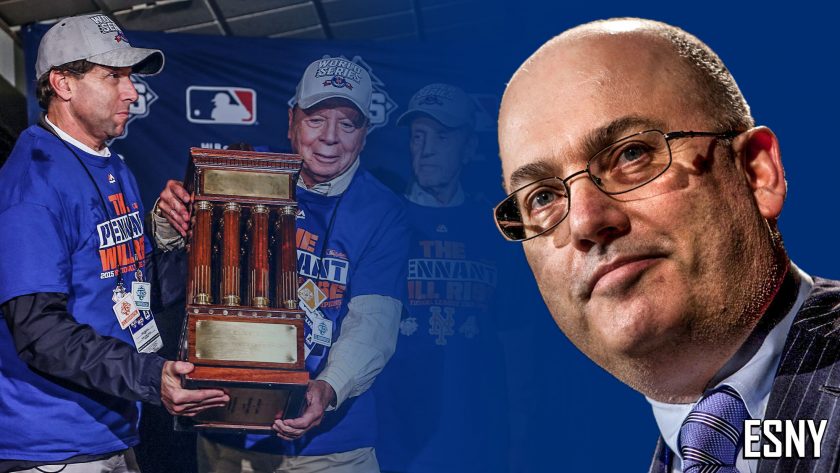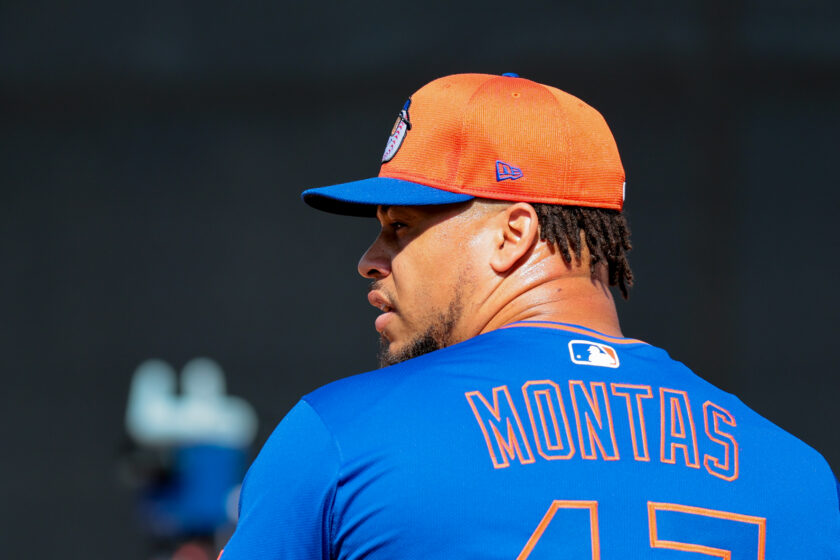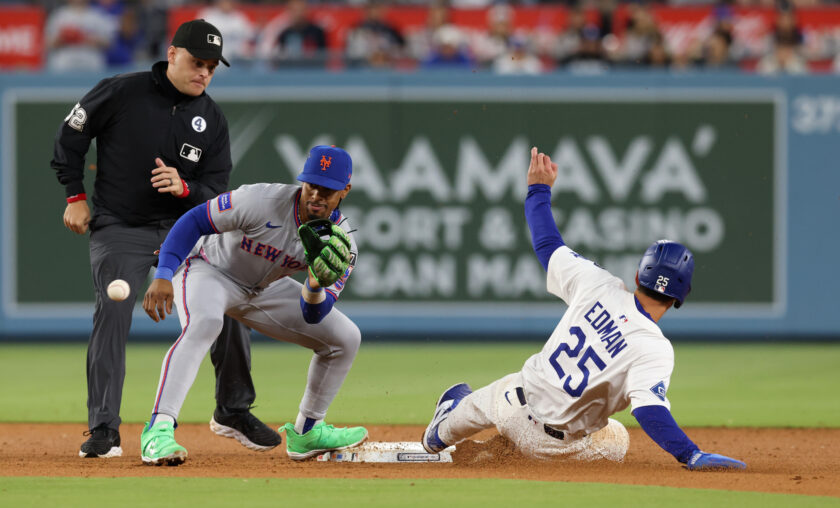Steve Cohen’s bid to buy the New York Mets is dead; what’s next?

Steve Cohen won’t be the next owner of the New York Mets. That doesn’t mean that the Wilpons won’t be selling the team.
[sc name=”kyle-newman-banner” ]In a shocking turn of events, hedge-fund billionaire Steve Cohen’s bid to buy the New York Mets has failed. The deal was in the final stages before falling apart.
There multiple reports about what caused the deal to fall apart and the majority of the theories revolve around Jeff Wilpon exerting his power to try and squeeze as much control out of the situation.
If that’s really what happened, it would be awful for their reputation. The Wilpons are businessmen and that means their reputation is everything. Who would want to work with someone who works in bad faith?
That’s only made more disturbing by the fact they pulled something similar in 2011 with David Einhorn. That caused that deal to fall apart as well.
Of course, there’s never just one side to any story. Andy Martino of SNY is reporting that it was Cohen who was working in bad faith.
https://twitter.com/martinonyc/status/1225495389895348231
It’s possible that Cohen could have been working to drive the price down. He’s a ruthless businessman who has a history of shady business transactions. Considering he was paying well over the value to buy the team, it’s not inconceivable he was attempting to drive the price down.
MLB seems to be backing the Wilpons at this point. Rob Manfred issued a statement on Thursday that The Wilpons weren’t at fault, despite what the media was saying.
More from Rob Manfred on the Mets ownership situation: "I can tell you, and it’s based on conversations with the buyer and the seller on an on-going basis, the assertion that the transaction fell apart because of something the Wilpons did is completely and utterly unfair."
— Erik Boland (@eboland11) February 6, 2020
Having MLB’s backing is important. It’ll help salvage the Wilpons’ reputation with the other owners and potential buyers. Which, leads us to the real question, “With Cohen out of the picture what happens next?”
What happens next
The Wipons still have every intention of selling the team. According to Jon Heyman of MLB Network, the Wilpons will be opening the sale up to auction. That’s the most traditional measure of selling a franchise in MLB. They’ll also be employing investment bank Allen and Company to help facilitate a deal.
Mets deal is dead, completely kaput. MLB doesn’t blame the Mets, who are expected to open up the sale in a more typical auction now. Also, after what happened here, belief is Stevie Cohen, despite his reported $13B, will have trouble ever buying any team.
— Jon Heyman (@JonHeyman) February 7, 2020
Sterling Partners statement (cont.) “…
Sterling intends now to pursue a new transaction and has engaged Allen & Company to manage that process.”— Jon Heyman (@JonHeyman) February 7, 2020
So what does an auction look like? It’s pretty simple, to be honest. The Wilpons will line up bids for the team. This doesn’t just mean money, it also means plans for the future and control structures. They would basically be taking deals like the one they almost made with Cohen.
The big difference is they would have multiple offers to choose from. Once they picked the best options for the sale, the proposals are brought to MLB. The Wilpons and MLB would then collaborate on picking the best bid of the group.
Once that bid is chosen, a final proposal would be worked out by the Wilpons and the prospective owner(s). That final proposal would be sent to MLB for approval. The final step would be a vote on whether or not the prospective owner(s) are fit to be a majority owner by all the other owners in MLB.
It’s a simple process that would eventually yield a deal for the Wilpons to sell the team. The closest comparison to the Mets sale is the sale of the Miami Marlins in 2017. That sale took about seven months before it finalized.
In fact, the Marlins sale in 2017 has a number of direct correlations to the New York Mets’ current situation. They had a deal in place to sell for over a billion dollars that fell through in February before opening the deal up to auction.
It took about two months before serious bids started coming in for the Marlins. It wasn’t until August that a deal was agreed upon, the deal was finalized in September.
The New York Mets wouldn’t likely follow a similar path. The sale is much more complex than the Marlins sale. Specifically, the Wilpons want to maintain some sort of control into the future. It’s hard to believe any speculative buyer would allow that.
So, will the Wilpons be able to find a buyer? The answer is almost certainly, “yes.”
The Wilpons need to sell
The biggest difference between the New York Mets and most usual sales is the owners’ financials. The Wilpons are running low on money.
The team is $350 million in debt and the Bernie Madoff scandal left them in debt as well. Combine that with Fred Wilpon’s advanced age, 83, and it’s easy to see why they want to sell.
Fred Wilpon wants to get his estate in order so that Jeff Wilpon and the rest of the Wilpon family aren’t left with tons of debt. From a financial standpoint, they need to sell, if not now, at least soon.
Then add in the Saul Katz part of the equation. Saul and his family want out. They want nothing to do with the team or working with the Wilpons anymore. That’s a big deal.
Even if Katz can’t sell off on his own, he does hold considerable weight. He’s a major part of Sterling Equities, the name of the Mets ownership group, which gives him a ton of power.
If he wants out, he could force Sterling Equities to break up. He could take it to court if he has to. If it comes to that, the Wilpons would be forced to sell anyway.
That’s a nuclear option and very unlikely to happen. However, it’s worth noting that it could happen if things get to that point.
Put all of this together and it’s pretty clear that the New York Mets are going to be sold soon. The biggest question left is whether or not it’ll be done in time for the offseason.
Nobody can answer that question right now. It’s something that will come with time.
The only thing that can be said for certain is that Steve Cohen is only the beginning of the New York Mets search for a new owner.
A contributor here at elitesportsny.com. I'm a former graduate student at Loyola University Chicago here I earned my MA in History. I'm an avid Mets, Jets, Knicks, and Rangers fan. I am also a prodigious prospect nerd and do in-depth statistical analysis.






